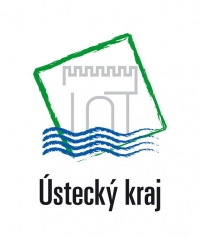Communists bullied his father and he was not allowed to study, today he is reconciled to them
Stáhnout obrázek
František Škutchan was born on 22 October 1939 in the family farm in Úlovice, Louny region. He experienced the collectivization of agriculture and persecution by the communists. The communists left the farm to his father, Bohumír Škutchan, but he had to pay compulsory rations to the emerging cooperative. The communists repeatedly imprisoned him for allegedly not fulfilling them. František was considered the child of a kulak. He was not admitted to the agricultural school in Roudnice nad Labem, where he wanted to study. He could only take a two-year apprenticeship. Nevertheless, he became a sought-after expert in crop and livestock production. From the 1960s to the end of the 1980s, he worked in several agricultural cooperatives in the Louny and Rakovník region and managed to increase the yield of the operations entrusted to him several times. He never joined the Communist Party. In November 1989, he commuted to the Laterna magika theatre in Prague and was instrumental in establishing local branches of the Civic Forum in Rakovník and Louny region. Shortly after the Velvet Revolution he started a private business in agricultural commodities. In the mid-1990s, he had eight privatisation projects in the pipeline, but was only successful in acquiring the Středočeské pekárny in Kladno. The family still owned them in 2021. The story of the witness could be recorded thanks to the support of the Ústí nad Labem Region.
